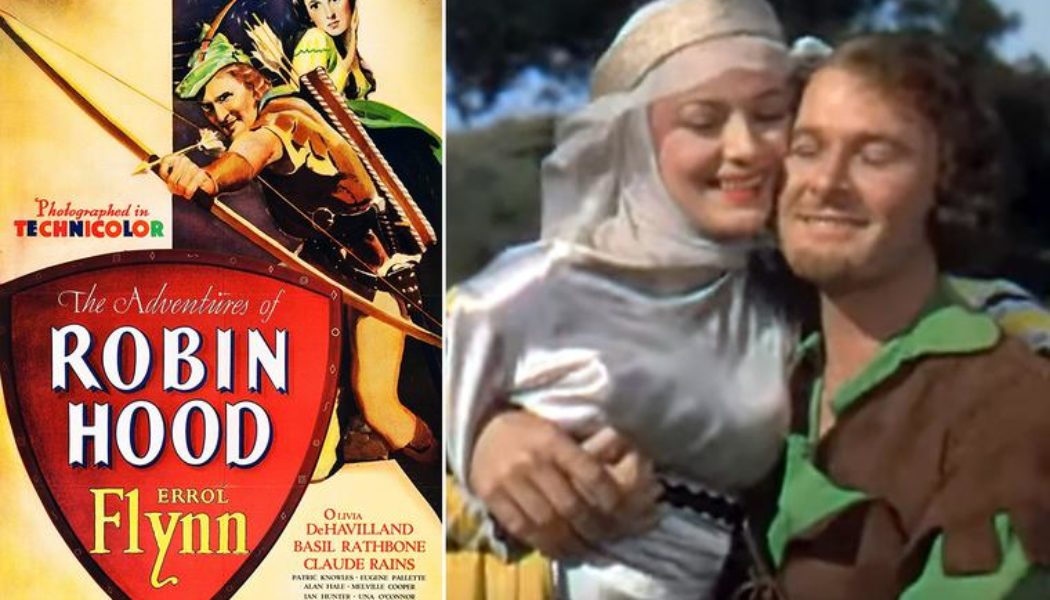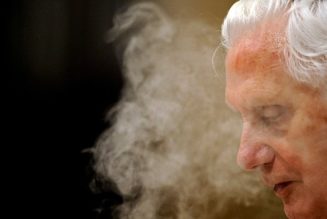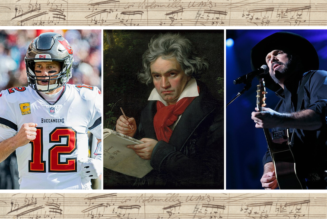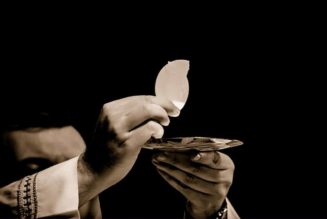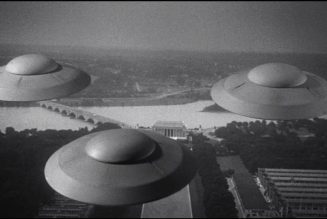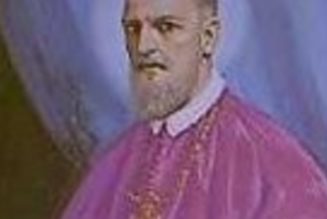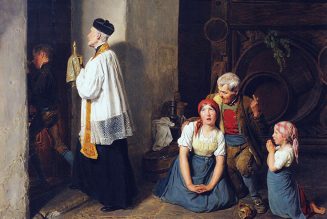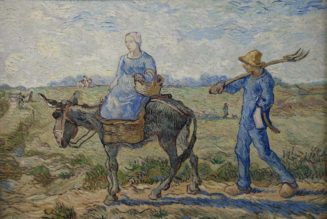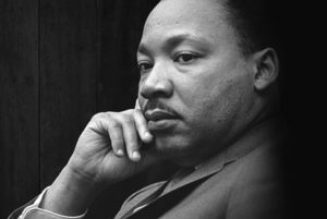
New Old Movie Review: ‘The Adventures of Robin Hood’ (1938)
The legend of Robin Hood has been portrayed many times on big and little screens, but no version has even approached the brilliance of 1938’s The Adventures of Robin Hood. The movie stars some Hollywood legends of its own such as Olivia de Havilland as Maid Marian and Errol Flynn in the title role. Dazzling lines of dialogue are delivered in every scene, and the movie is backed by Erich Korngold’s majestic and innovative musical score. Even though it was shot in Technicolor 85 years ago, I’m not sure there has been a prettier movie ever filmed. Beyond all this, the movie has many virtues to teach and illustrate.
The movie is set in the late 12th century, during which King Richard the Lionheart has gone to fight in the Third Crusade. On his return home, Richard is kidnapped by Duke Leopold of Austria. Aided by the treasonous assistance of Norman barons, Richard’s treacherous brother Prince John uses this as his opportunity to seize the throne of England for himself. His rule of over-taxation, food confiscation, and murder against the Saxons begins. The poor Saxons desperately need a hero, and a hero appears: Sir Robin of Locksley. Robin assembles a team of fighting men, and they establish their home base in Sherwood Forest. Robin also takes in those poor Saxons who have nowhere else to go. He also brings in a priest to say Mass and administer the sacraments for the new community. Along the way, Robin meets Maid Marian, and this begins a beautiful — albeit dangerous — romance.
I first saw this movie with my dad when I was about 13 years old. When I watch it today, four decades later, it’s like seeing an old friend, because Robin Hood taught me plenty of virtues. At the time, I didn’t even know I was learning them, but that’s a powerful way to learn virtues.
Among those virtues was justice. I have always found it odd that Robin Hood is known as a character who “robs from the rich to give to the poor.” Of course, if that’s what Robin was doing — performing robbery — it would be a vice. But he was not robbing; rather, he was reclaiming recently confiscated money and food. The movie highlights that Prince John sought to starve the poor, and Robin endeavored to feed them. St. Thomas Aquinas has something to say about the morality of such an action:
Nevertheless, if the need be so manifest and urgent, that it is evident that the present need must be remedied by whatever means be at hand (for instance when a person is in some imminent danger, and there is no other possible remedy), then it is lawful for a man to succor his own need by means of another’s property, by taking it either openly or secretly: nor is this properly speaking theft or robbery. (Summa Theologiae, II-II, Q. 66, Art. 7)
The right to property originates in justice — as do all rights — but the right to property is not absolute. The movie also demonstrated to me the damage and misery that is caused by totalitarian governments. It’s no wonder that I majored in Political Science in college.
The movie also illustrated to me the importance of pity. Robin Hood has pity; indeed, it is pity that moves him to action. When the people are driven from their homes by the murderous regime of Prince John, Robin Hood establishes a haven for them. It is one thing to accept a neighbor; it is a far greater thing to build a neighborhood for the oppressed. And Robin does just that in Sherwood Forest. Further, Robin is smart enough to understand that even the “bad guys” might benefit from his pity, too — and that they just might be capable of great good. Maid Marian was on the wrong side, until Robin Hood moved her to pity by walking with her among the poor.
The lessons of pity are crucial, especially now, when pity is vanishing in our world. Today, many people have largely lost the sense of pity because they focus on the depravity of man, both individually and collectively. It’s no secret that entire political campaigns are run, not on the virtues of a candidate, but on the vices — real or pretend — of his opponent. All the opposition’s supporters are also deemed evil by extension.
There is a desperate effort to scapegoat one man or one nationality, which quickly becomes many men and many nationalities. Numerous media outlets on both “Left” and “Right” present an up-at-dawn smorgasbord of enthusiastic demonization of others. Contemporary political discussions in the media almost never speak of virtue even tangentially; the political conversations focus instead on vice, villains and villainy. If you feed yourself a three-course dinner of these ingredients every night from 8pm to 11pm, you’ll begin to look at the whole world that way.
Problem is, when you consider everyone a villain, you can no longer be moved to pity. As Aristotle phrased it in his Rhetoric, “In order to feel pity we must also believe in the goodness of at least some people; if you think nobody good, you will believe that everybody deserves evil fortune.”
Robin Hood also taught me the importance of chivalry, which is a code of honor based on Christian virtue. Robin Hood would never mistreat a lady, whether she be Norman or Saxon; indeed, he would protect a woman’s honor, even if she proved disinterested in protecting it herself. We’ve lost that chivalric code, and both Church and state have suffered from its absence. As Geoffroi de Charny, chivalric knight and protector of the Shroud of Turin wrote, “All good men-at-arms are rightly bound to protect and defend the honor of all ladies against all those who would threaten it by word or deed.”
Of course, chivalry is linked to Christian romance. Aquinas does not list romance as a virtue; nevertheless, authentic romantic love must be composed of both charity and chastity, which proves a wellspring of other virtues. For instance, Robin exercised even more fortitude to win the heart of Marian. I don’t think Robin would have ever deemed himself worthy of Marian, nor Marian of Robin. A profession of one’s own unworthiness of his beloved: that’s the stuff of powerful marriages. And it’s no minor point that the movie triumphantly concludes with Robin Hood and Marian literally running off to be married.
Growing up, I watched Robin Hood many times with my dad. Only later did I come to understand that the fictional Robin Hood and my combat-veteran father shared some important similarities. When I was old enough to understand, my dad told me that he fought in plenty of battles, but his primary motivation was not to fight the bad guys; rather, it was to protect the good and innocent people from harm. My father even helped establish protective camps for Vietnamese families who were seeking shelter from the Russian-funded Viet Cong communists. With his Special Forces medical training, my dad even helped heal the wounds of the innocent. My father was a true-life legend.
As I go back and watch Robin Hood now, I realize that much of my joy of the film goes beyond the film itself. As a history buff, my dad could explain the relevant history of the period. I remember my dad and my brothers quoting the film’s dialogue to each other. (To this day, we still do.) I remember laughing with my brothers at Robin Hood’s witty comebacks to Prince John. I hope that I am creating many of those same memories, and instilling many of those same virtues, for my children. And so can it be for all Catholic families. While Hollywood is urging you to view the most recent cinematic offerings, I urge you Catholic families to turn the clock back 85 years, and enjoy this masterpiece together.
